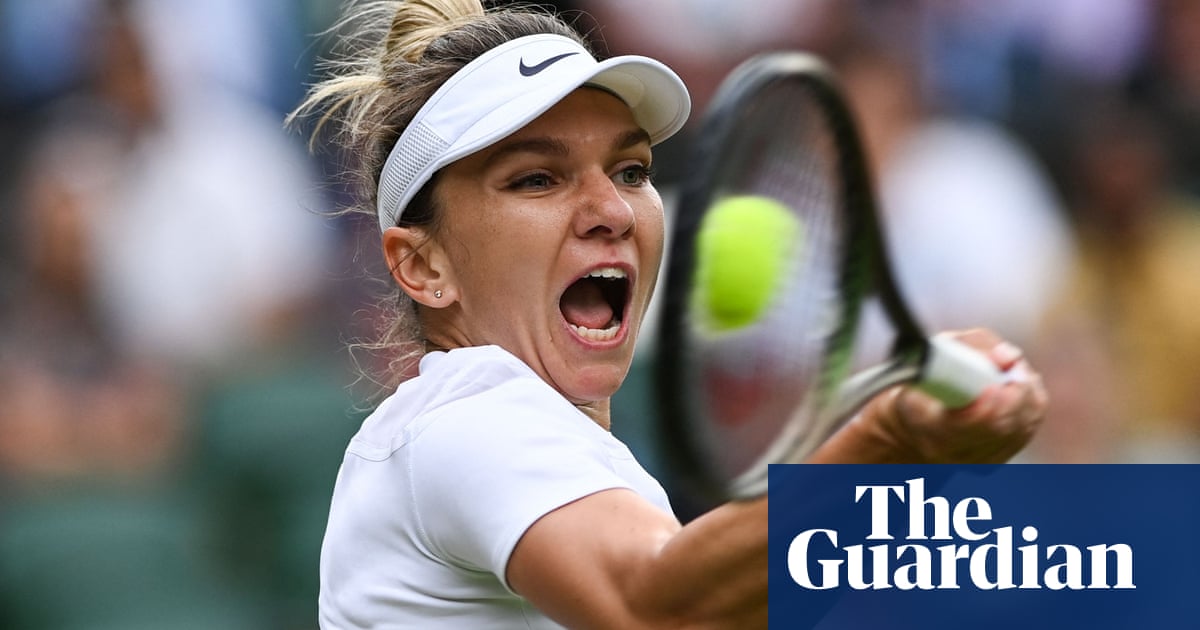
After the court of arbitration for sport (Cas) determined that Simona Halep did not intentionally use any banned substances, her four-year suspension has been shortened to nine months. She is now able to continue her tennis career and can return to playing professionally right away.
Halep, a former world No 1 and two-time grand slam title winner, had received the suspension last September after testing positive for roxadustat. The ruling marked one of the most significant doping bans in the history of tennis and the sport’s first anti‑doping rule violation via the athlete biological passport (ABP) programme. At 32, a four-year ban would likely have meant the end of Halep’s career.
The panel of judges found Halep guilty of two distinct breaches of anti-doping regulations, one for testing positive for the performance-enhancing drug roxadustat on August 29, 2022 after her loss in the first round of the US Open, and the other for abnormalities in her athlete biological passport. Halep promptly filed an appeal to the Court of Arbitration for Sport (Cas) in response to the accusations.
Following the hearing of Halep’s case in Lausanne on 7-9 February, the Cas panel unanimously decided to shorten her period of ineligibility to nine months. Just as she had in her initial case, Halep maintained that the anti-doping rule violation was not a deliberate act and that the roxadustat entered her system due to the ingestion of a contaminated supplement, Keto MCT.
Although the initial ruling found that the Keto MCT sample did not accurately reflect the amount of roxadustat in her blood, the Cas panel determined that while Halep was not careful enough with the supplement, her anti-doping violations were unintentional and she did not display significant fault or negligence.
Halep shared on Instagram that this experience has demonstrated her resilience. The victory of honesty is a mix of bitterness and satisfaction, but it is deeply gratifying, even though it came later.
In the ABP charge proceedings, the Cas panel differed from the initial tribunal by accepting the blood sample results from Halep’s unrelated surgery on 9 September 2022. They also took into account Halep’s public statement of not competing for the rest of 2022 after the surgery, which the Cas panel believed affected the credibility of the doping scenarios presented by the ITF independent tribunal.
The ABP charge was dismissed by the Cas panel, as they could not confidently determine that an anti-doping rule violation had taken place in relation to the abnormalities in Halep’s blood levels. In a statement, Halep expressed her relief and stated that her trust in the process was challenged by the baseless accusations and the seemingly endless resources being used against her. She eagerly anticipates her return to the tour.
Skip over the newsletter advertisement
after newsletter promotion
Karen Moorhouse, chief executive officer of the International Tennis Integrity Agency, said: “An essential element of the anti-doping process is a player’s ability to appeal, and the ITIA respects both their right to do so, and the outcome. We await the full reasoned decision and will review it thoroughly in due course.”
Source: theguardian.com



















